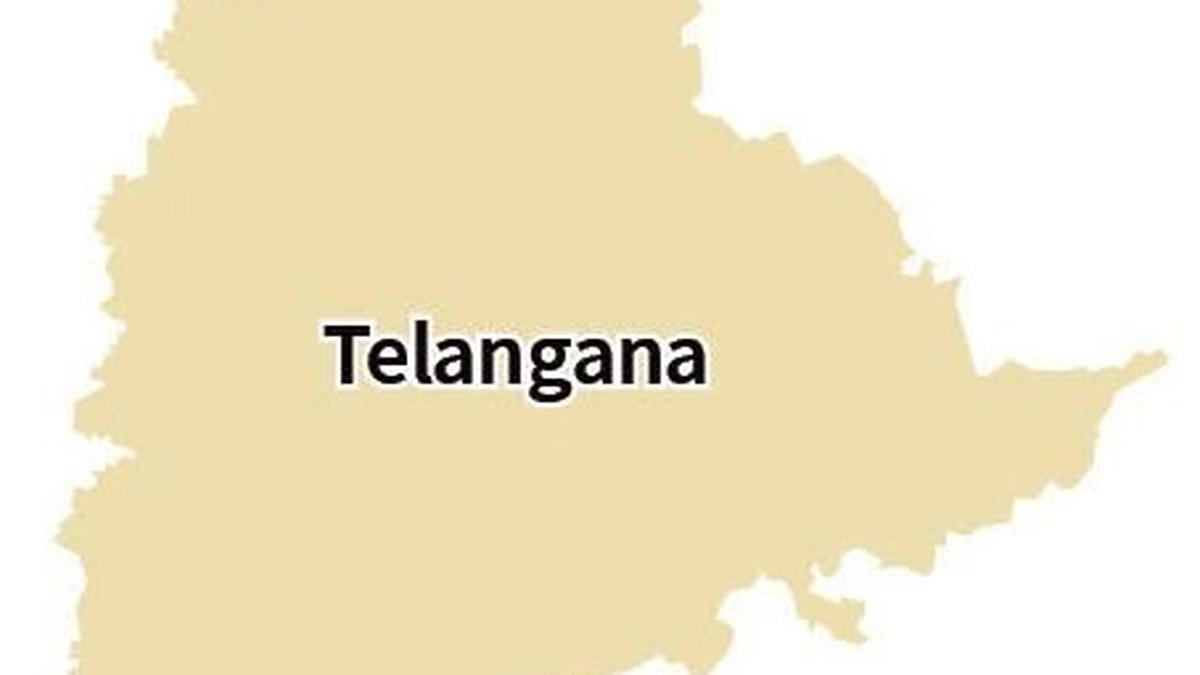Ever since the Congress government came to power in Telangana, it has taken a series of measures to streamline the land ownership process, rectify deficiencies in the previous system that had caused sleepless nights for farmers, and improve revenue administration.
Farmers began to struggle when, in 2020, the Telangana Assembly enacted the Telangana Rights in Land and Pattadar Passbooks Act, popularly known as the Record of Rights Act. The previous Bharat Rashtra Samithi (BRS) government had also introduced the Dharani portal, a land record management portal, billed as one-stop solution for land-related issues. However, the portal was rife with errors. There was often a mismatch between the physical records and the digitised records, and 18.36 lakh acres of land were pushed into the prohibited list even though farmers had been tilling them for decades. The portal was operated by a foreign company.
To make matters worse, the new law left no scope for grievance redress at the local level. The power of redress was mostly vested with the District Collector or Chief Commissioner of Land Administration. The BRS government also did not prepare rules for effective implementation of the Act.
Then the BRS government also scrapped the village revenue officers and village revenue assistants system, arguing that it was a residue of the feudal system and that the officers and assistants were fudging revenue records. Village revenue assistants had been helping revenue officials in villages with the collection of village revenues, such as agriculture tax and irrigation tax. The village revenue officers and village revenue assistants of 10,950 revenue villages across the State were removed overnight and accommodated in other departments. This hit revenue services at the grassroots level. This forced farmers to approach courts at different levels and as a consequence, the judiciary was faced with a pile of cases.
The government also faced allegations that BRS leaders were taking advantage of the loopholes in the Dharani portal to usurp lands from farmers at throwaway prices.
In short, land management became a messy affair.
Immediately after it came to power, the Congress government constituted a committee headed by senior party leader M. Kodanda Reddy to study the lapses in revenue administration and recommend measures to strengthen the system. The committee comprising experts recommended repeal of the Records of Rights Act and suggested that the Dharani portal be replaced with a new farmer-friendly portal, Bhumata.
Last December, the Assembly enacted the Telangana Bhu Bharati (Record of Rights) Act, 2024, with a provision to issue Bhudhaar cards, on the lines of Aadhaar cards, to all land owners for issuing title deeds and reducing disputes at the village level. “The lack of unique identification number for land parcels is leading to boundary disputes and is also a hurdle in maintaining accurate revenue records. There is a need to create unique land parcel identification numbers for each parcel,” the Act said. Last week, the Governor gave assent to the Act. It is hoped that this new law will reduce property-related disputes in rural areas and bring financial stability to citizens by enabling them to use their property as a financial asset for taking loans.
More importantly, the law provides for a redress mechanism. It also provides for expeditious adjudication of lands entered in the prohibited list and aims at creating a user-friendly and hassle-free online portal for record of land rights. Revenue Minister Ponguleti Srinivas Reddy has assured the people that the rules for the new Record of Rights Act are being prepared and has promised that the law will come into force in three months. The government has also brought back the system of village level officers and village revenue assistants. The process for verifying their certificates has started.
While these are welcome steps, implementation and transparency are key to success. The problems in the Dharani portal and the problematic Record of Rights Act were said to be major reasons for the BRS’ defeat in the Assembly elections. If the new portal is more efficient than the earlier one, and farmers have local support for grievance redress, there will be even greater trust in the Congress, which received overwhelming support in rural areas during the elections.
Published – January 14, 2025 12:57 am IST






